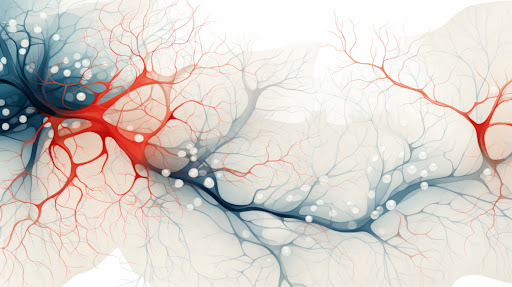A Florida lawmaker this week filed legislation to add opioid dependence and addiction to opioids as qualifying conditions for the state’s medical cannabis program. The measure, SB 778, was filed on February 17 by Democratic state Sen. Carlos Guillermo Smith.
Smith has a history of support for cannabis policy reform, online news source Marijuana Moment noted in a report about the legislation. He introduced a bill to legalize recreational cannabis in 2021, but the Republican-led legislature did not approve the measure.
Last year, Smith criticized Republican Gov. Ron DeSantis for spending money from the state’s opioid settlement fund to oppose Amendment 3, a ballot measure to legalize recreational cannabis in Florida. The initiative garnered nearly 56% of the vote but failed to reach the 60% threshold needed to pass.
“Thousands of Floridians have died from opioid overdoses. ZERO Floridians have died from marijuana overdose,” Smith wrote on the social media platform X in October. “Yet DeSantis is spending MILLIONS of Florida’s opioid settlement money meant to fight the opioid crisis on his prohibitionist anti-freedom, anti-marijuana campaign.”
The qualifying conditions currently listed by the Florida Office of Medical Marijuana Use (OMMU) include cancer, epilepsy, glaucoma, HIV/AIDS, PTSD, ALS, Crohn’s disease, Parkinson’s disease, multiple sclerosis, terminal conditions, and chronic pain caused by a qualifying condition.
If SB 778 is approved by the legislature and signed into law by the governor, the measure would go into effect on July 1, 2025. The bill is currently awaiting committee assignment, according to legislative records.
Medical Cannabis and Opioids
Research has shown that cannabis may help people struggling with opioid dependence or addiction. In a study funded by the National Institute on Drug Abuse and published last year by researchers at the University of Southern California, cannabis helped people with substance misuse disorders stay off of opioids or reduce their use of the drugs.
The study, which was published in the peer-reviewed journal Drug and Alcohol Dependence Reports, also found that cannabis helped those with opioid misuse disorders manage withdrawal symptoms and maintain their treatment plan.
“Concurrent with existing literature, our findings support the use of cannabis with [medications for opioid use disorder],” the researchers wrote. “Participants in our study described using cannabis post opioid cessation to manage symptoms such as cessation related anxiety and cravings.”
“Participants emphasized low barrier access due to legalization and numerous dispensaries as a resource that facilitates co-using cannabis for reduced opioid use,” the study concludes. “These findings support the extant literature on cannabis and opioid co-use for pattern changes among vulnerable populations.”
Separate Medical Cannabis Expansion Bill Filed Earlier This Month
Smith’s bill was introduced just days after Republican Sen. Joe Gruters filed a separate bill that would make more substantial changes to Florida’s medical cannabis program. If passed, SB 552 would allow individuals with conditions similar to those already recognized to qualify as a medical cannabis patient, even if their specific diagnosis is not on the list of qualifying conditions. The legislation also allows patients to qualify for the state’s medical cannabis program if they have any “condition for which the patient was prescribed an opioid drug listed as a Schedule II controlled substance.”
The legislation also requires patients to renew their medical cannabis registration every two years instead of annually and reduces the frequency of required patient visits with their recommending physician. Additionally, the bill measure would allow patients from other states to legally purchase medical cannabis from licensed dispensaries while visiting Florida, among other changes.
Learn more about Florida's qualifying conditions. And sign up for NuggMD's Weekly Sesh newsletter for the latest cannabis news, consumer tips, and recommendations.
The information in this article and any included images or charts are for educational purposes only. This information is neither a substitute for, nor does it replace, professional legal advice or medical advice, diagnosis, or treatment. If you have any concerns or questions about laws, regulations, or your health, you should always consult with an attorney, physician or other licensed professional.




